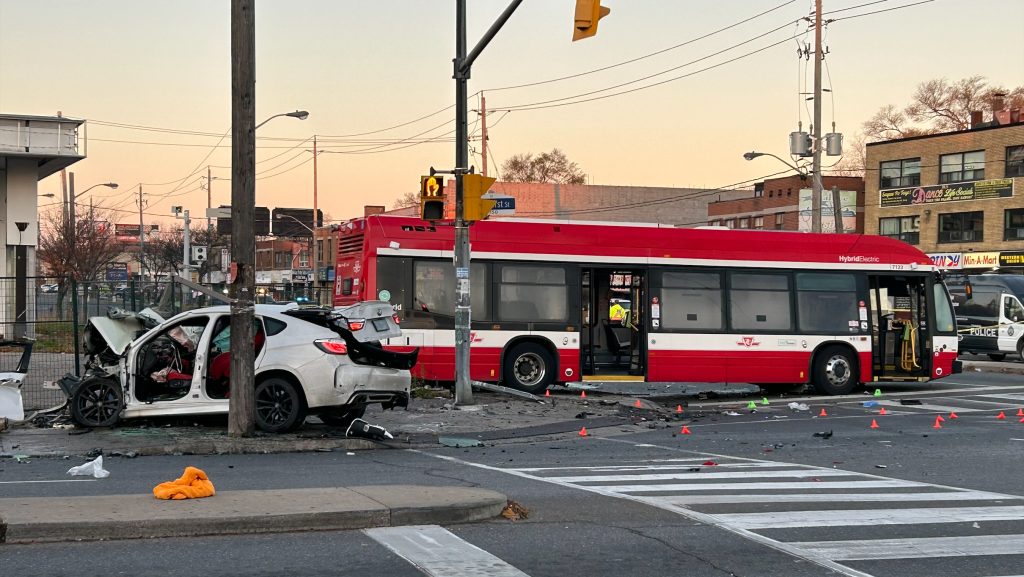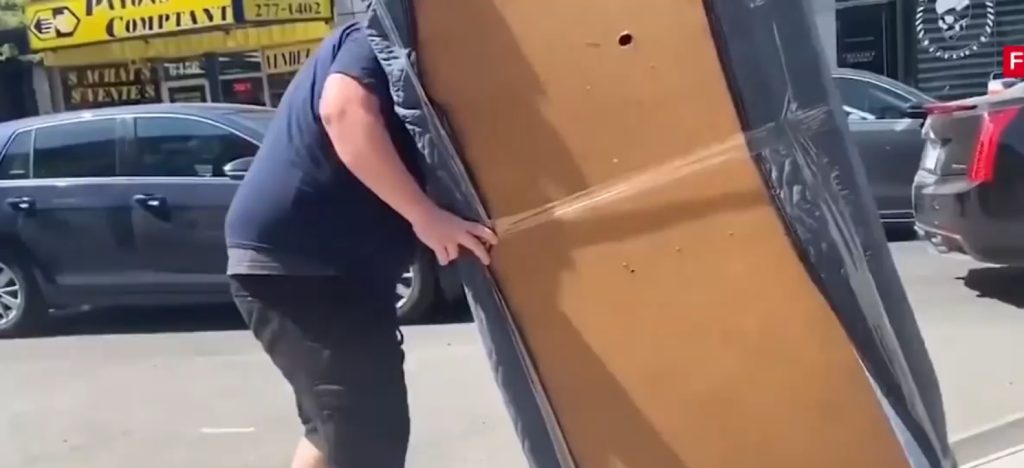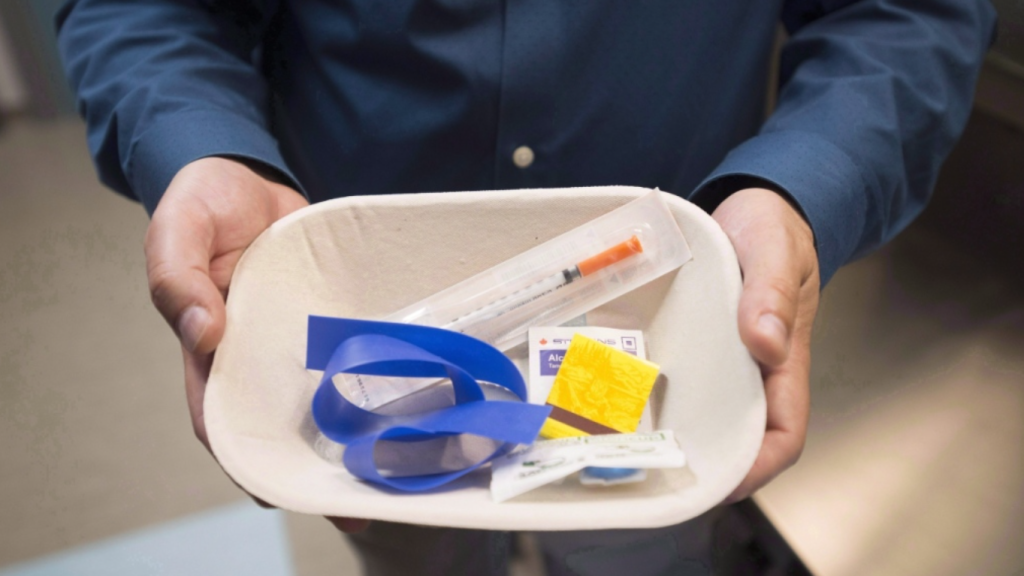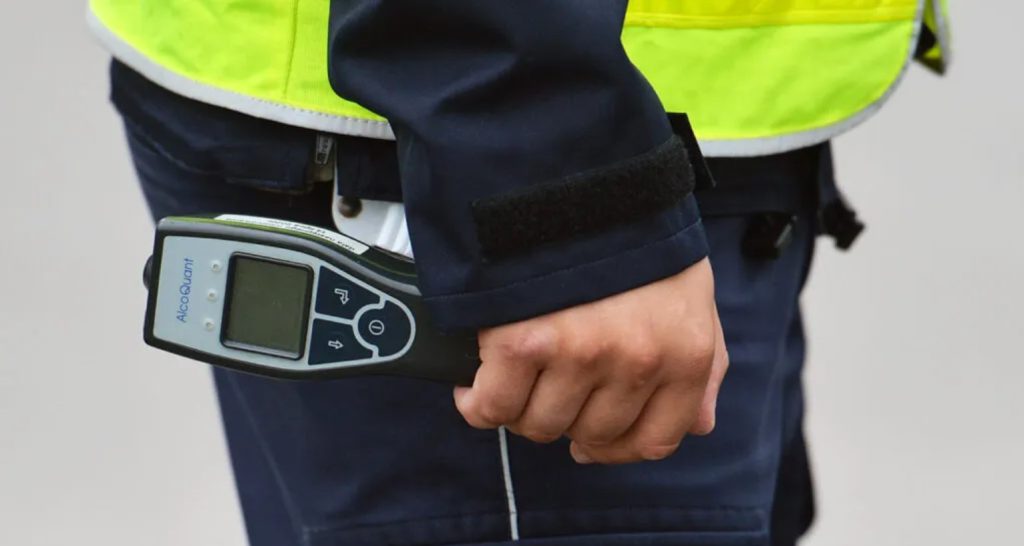Project exploring the idea of creating an Indigenous professional hockey team
Posted March 13, 2023 2:38 pm.
Last Updated March 14, 2023 9:18 pm.
The idea of creating an Indigenous pro-hockey team, both men and women, to compete on the international stage would be a large step forward in Canada’s commitment to Truth and Reconciliation, and that’s what one group of people is looking to do with the Spirit Project.
Ted Nolan is a former NHL player and coach from the Garden River First Nation near Sault Ste. Marie. His dream is now focused on developing an all-Indigenous professional hockey club and suggests a women’s team could have a real competitive edge.
“Hockey has been played in our communities for long before the NHL even existed. So, we have so many talented people playing the game,” said Nolan.
“With my travels through First Nation land over the number of years I’ve just seen so many, not just male players, but female players, really emerging,” said Nolan. “I’m just thinking with the girl’s program, if you look at the world stage, you have team Canada, Team USA, then it drops off a little bit. That’s where we could jump in as a force.”
The Spirit Project led by Dr. Cheri L. Bradish, Founder of the Future of Sport Lab and Dr. Richard Norman, a Post-Doctoral Fellow at Toronto Metropolitan University in collaboration with the Carnegie Initiative – an organization that seeks to make hockey more inclusive and diverse.
During the study, undergraduate and graduate students will work with industry leaders, and be engaged in exploring solutions to establish a professional hockey team with Indigenous players led by First Nation owners.
“This is one of those capsulated projects that can really try to push those boundaries about what representation can look from the front office to the coaching staff, to the trainers to people working at the events, broadcasting, all that and then how does that actually support development within the First Nations that they’re bound to, ” explained Dr. Norman.
In Ohsweken, Ont., eager, passionate and talented kids grow up playing minor hockey and many have big dreams of going all the way.
“The game of hockey and athleticism in Six Nations it really dominates – it really brings our people together,” said coach Markus Doxtater. “It’s crazy at this age we even see some of these guys excel in like skating and pretty phenomenal seeing them having fun doing it.”
Hockey has been ingrained in Indigenous culture for centuries, but on reserves, especially in remote Northern Ontario communities, players face barriers that other aspiring athletes may not experience, including costs, isolation, fewer opportunities to showcase talent and discrimination.
“I think hockey is classic for racial prejudice, maybe not at this age, because they are still learning and developing skill levels, but in the higher ages you really see racial prejudice from referees and organizations in general,” said Doxtater.
Trainer Jesse Brant suggested providing more invitational tournaments where Indigenous youth have the opportunity to be recruited at a higher level.
“The talent is there. In Six Nations, we have had many gone on to play professional – Stan Johnathan, Brandon Montour and Ryan Davis. We have a long history of great talent coming from Six Nations and this day in age there is no reason to have better exposure for our good players.”
Nolan said it’s hard for Indigenous athletes to get recognized. “What we want to do is kind of break down that barrier and say every child, every kid deserves that opportunity, no matter where he’s from,” and he is optimistic despite the barriers in place.
A key barrier needed to overcome is the disenfranchising of Indigenous communities overall.
“I think overall, there’s a lot of work that needs to be done with it in that sort of hockey culture to really understand what the legacy has brought us to and how we need to unpack them so that marginalized folks can feel more accepted and they can really thrive,” said Dr. Norman.
Socioeconomics and infrastructure are two of the other main barriers.
“So, when we think of infrastructure and how to build infrastructure, and think about funding, because we assume that we can build a new rig, we’ll just use tax dollars. We’re going to build some new facilities. The same can happen on reserves in Canada. So how do we actually take a look? At building concrete infrastructure and making it cohesive so that there is lots of opportunities for them to play.”
“That can also be a bridge and a conduit to have relationships across a lot of different kinds of areas ratio, gender, sexuality, and anything that can help us to grow socially and bring communities together. I think the long-term vision for me is one that students get a better understanding of that, and they also are going to be more responsive to different opportunities that we’re just not looking at today,” added Dr. Norman.
Dr. Norman believes this study can drive real change in Canada. “What is real representation for groups that have been marginalized, in this case, Indigenous communities, how can we really service them better and I think this is a perfect example of opportunity.”
Nolan said all of this has been talked about before, but this is the first time it’s truly being analyzed. “We talk about Truth and Reconciliation and moving forward and what is going to move us, and I think sport is a real team builder in that aspect.”
Nolan told CityNews he’d love to coach this team if it becomes reality.
The Spirit Project will last the entire semester and there is hope it could launch in the next few years.








